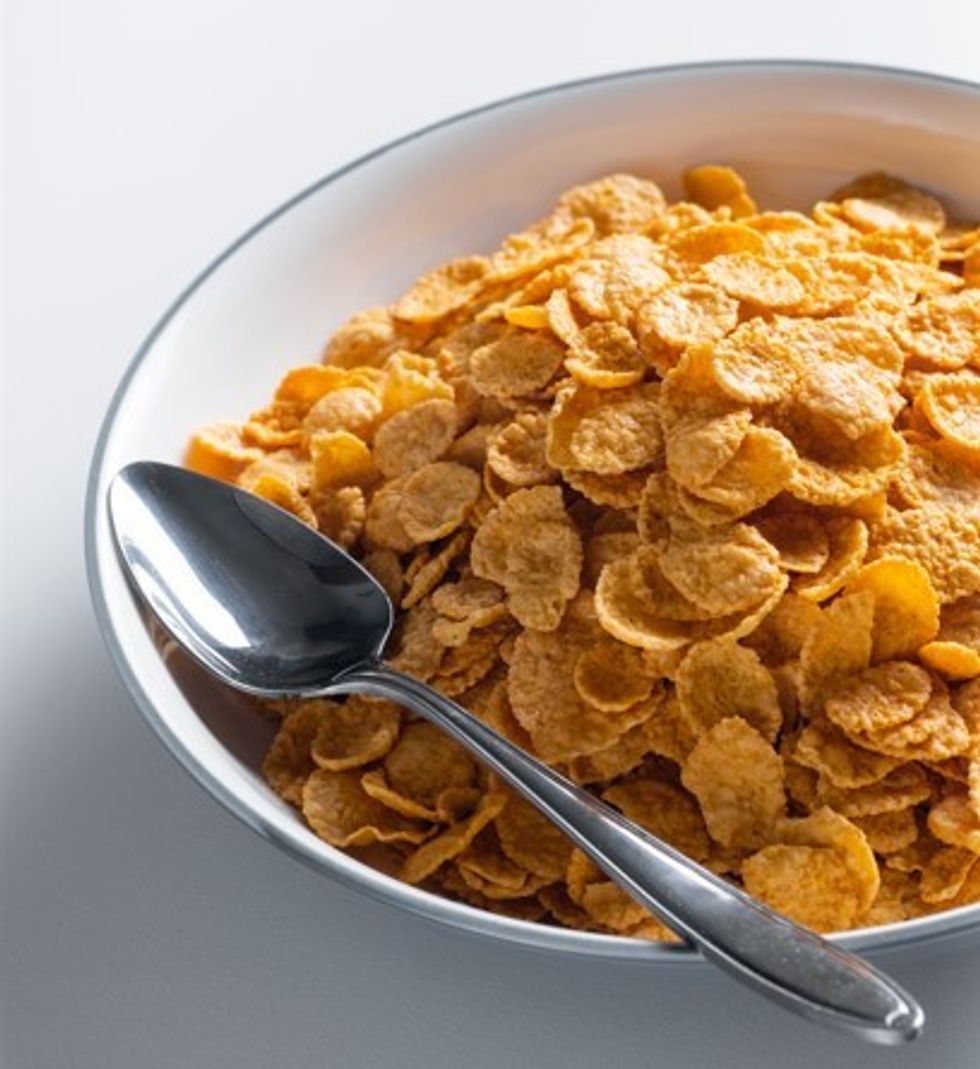Parkinson's fears grow as food making up 53% of UK diet may double risk of early symptoms

Scientists have warned that poor dietary habits may 'speed up' early signs of the degenerative disease
Don't Miss
Most Read
Latest
Binging on ultra-processed foods is a widely frowned upon habit with serious health consequences. Now, sobering new findings link it to a twofold risk of early-onset Parkinson’s.
The latest research indicates that people who frequently consume ultra-processed foods such as crisps, fizzy drinks and packaged snacks could face a significantly higher risk of developing early warning signs of the disease.
The comprehensive study, published in the journal Neurology, tracked 43,000 participants over 26 years and discovered that those who consumed 11 or more servings of ultra-processed foods daily showed a 2.5-fold increased likelihood of exhibiting multiple early Parkinson's symptoms.
These mass-produced foods, which include commercial bread and cereals, typically contain preservatives, artificial colours and flavours, along with additives such as emulsifiers.

Signs of Parkinson's include a diminished sense of smell and sleep issues
|GETTY
Researchers from Fudan University in China monitored participants with an average age of 48 who showed no initial signs of Parkinson's disease.
The team conducted regular health assessments through questionnaires and medical examinations throughout the study period.
Scientists evaluated various indicators, including sleep patterns, constipation, depressive symptoms, body pain, colour vision impairment, excessive daytime drowsiness and diminished sense of smell to identify potential early markers of the neurological condition.
Participants maintained detailed food diaries every two to four years, documenting their dietary habits and consumption frequency.
This data enabled researchers to calculate each person's average daily intake of ultra-processed foods.
The research team divided participants into five categories based on their ultra-processed food consumption.
Those in the highest category consumed 11 or more servings daily, whilst the lowest group ate fewer than three servings per day.
After accounting for variables including age, physical activity levels and smoking habits, the findings revealed that the highest consumers faced a 2.5-fold greater risk of displaying three or more early Parkinson's symptoms compared to those in the lowest consumption group.
The increased consumption of ultra-processed foods showed strong associations with nearly all monitored symptoms, with constipation being the sole exception identified by researchers.
LATEST DEVELOPMENTS

People in the UK are among the biggest eaters of ultra-processed food
|GETTY
"Our research shows that eating too much processed food, like sugary sodas and packaged snacks, might be speeding up early signs of Parkinson's disease," said Xiang Gao, an author of the study from Fudan University.
"Eating a healthy diet is crucial as it has been associated with a lower risk of neurodegenerative diseases, and the dietary choices we make today can significantly influence our brain health in the future."
Dr Gao acknowledged certain limitations, noting that participants self-reported their food consumption, potentially affecting accuracy.
"More studies are needed to confirm our finding that eating less processed food may slow down the earliest signs of Parkinson's disease," he added.
Unfortunately, people in the UK are among the biggest eaters of ultra-processed food. While statistics vary, the most recent 2025 study shows that around 53 per cent of the UK's calorie intake is made up of UPFs.
Earlier research published in 2019 found that it accounted for 57 per cent of calories consumed by the average adult and 65 per cent for children.











